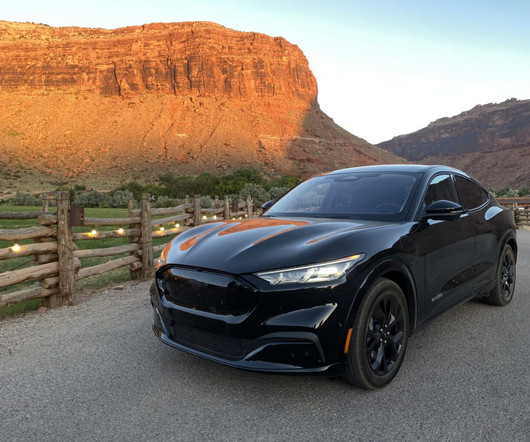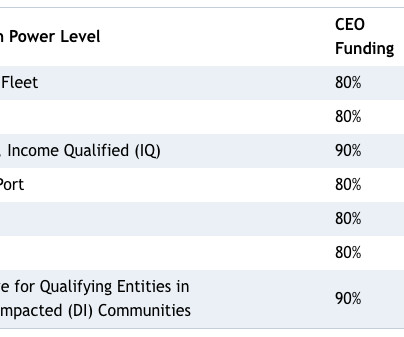Argonne study finds BEVs can have lowest scheduled maintenance costs, but highest cost of driving
Green Car Congress
JUNE 15, 2021
The study considers five different powertrains (internal combustion engine, hybrid-electric, plug-in hybrid-electric, fuel-cell-electric, and battery-electric) and 12 cost components (purchase cost, depreciation, financing, fuel, insurance, maintenance, repair, taxes, registration fees, tolls and parking, payload capacity and labor).

















Let's personalize your content